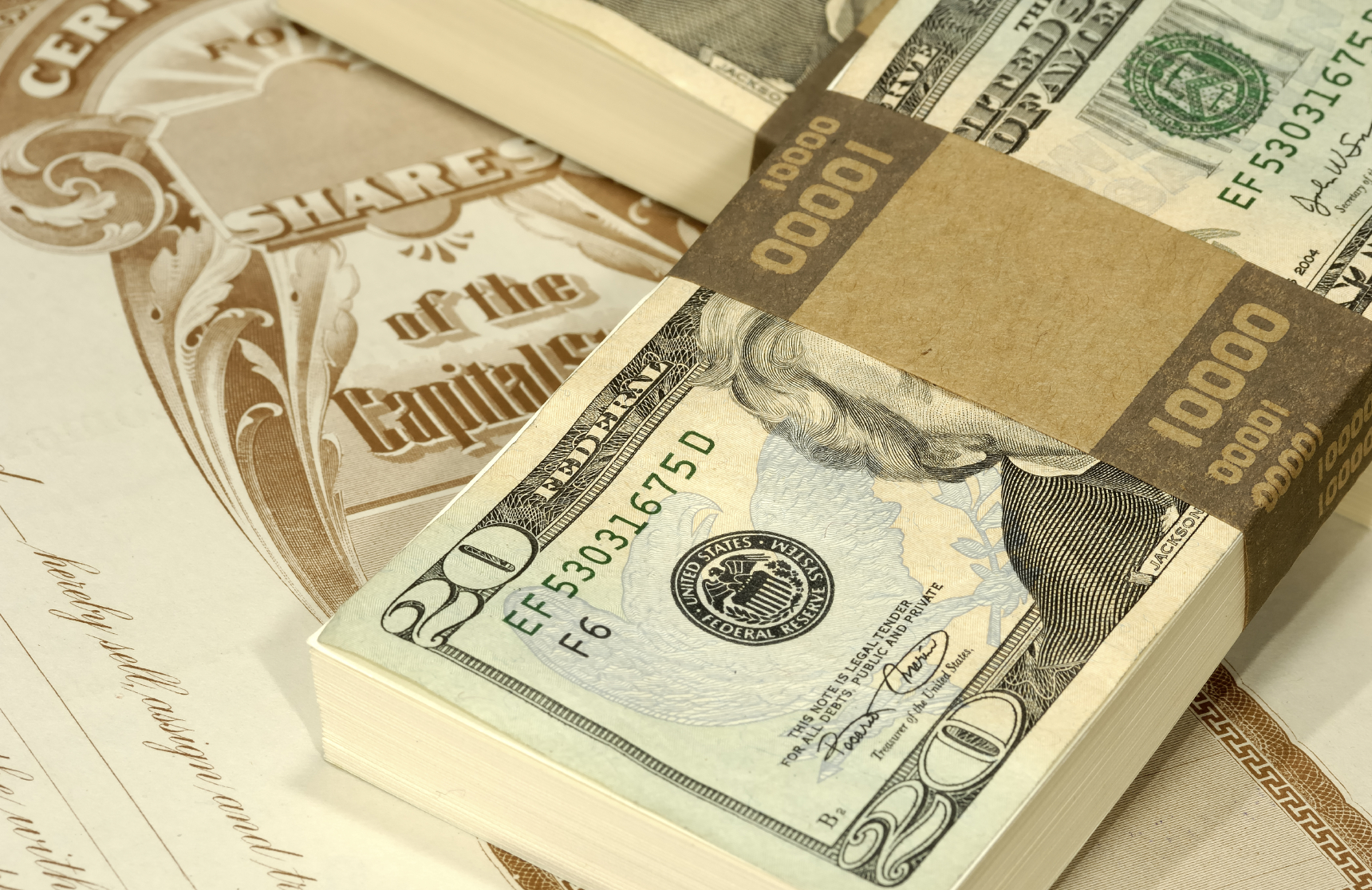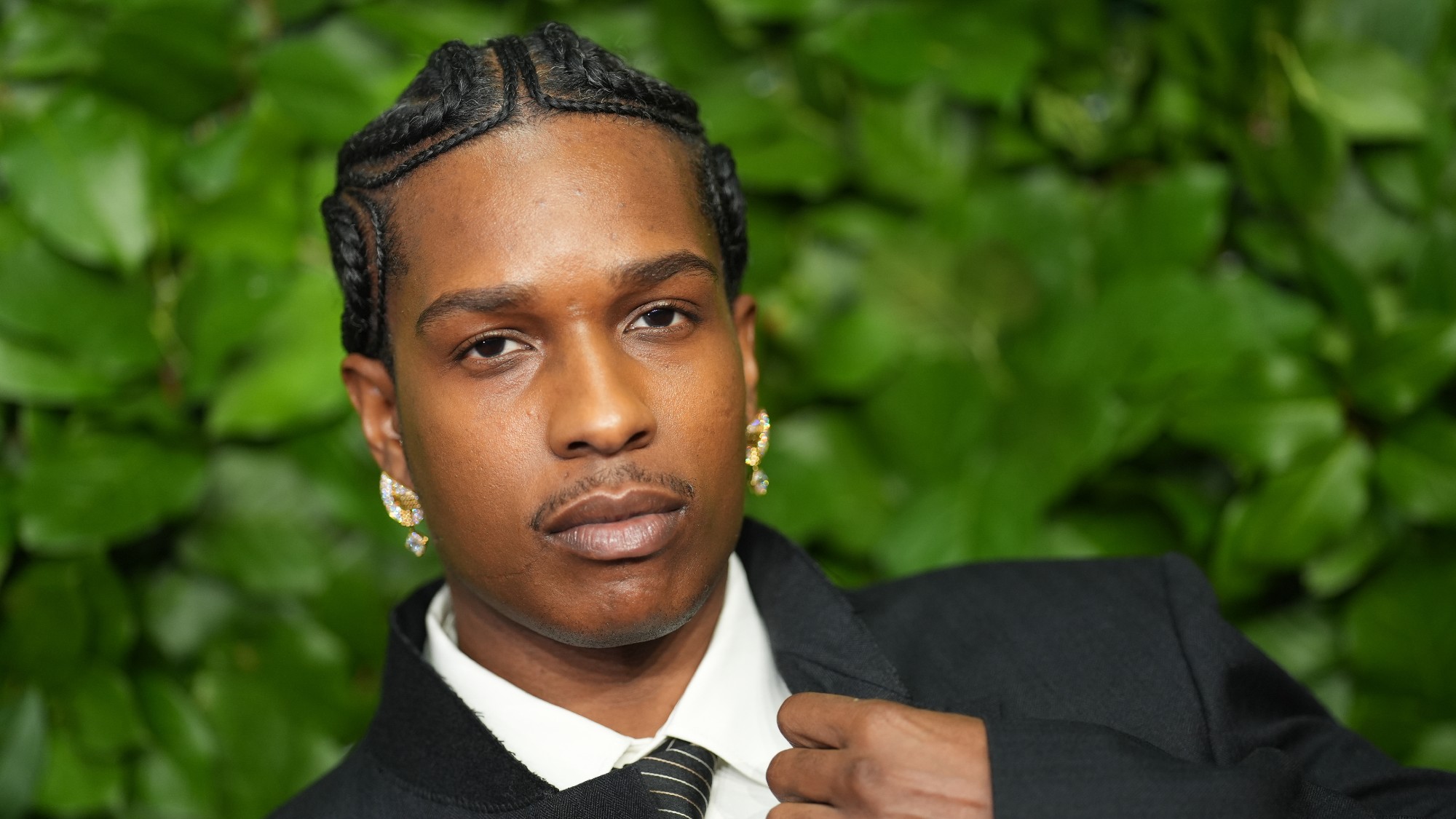Why flooding politics with more money may not be a bad idea
How politicians get their cash is as important as how much of it is floating around


A free daily email with the biggest news stories of the day – and the best features from TheWeek.com
You are now subscribed
Your newsletter sign-up was successful
The recent controversy over funding the Department of Homeland Security has once again brought into sharp focus the incredible weakness of John Boehner — probably the least powerful speaker of the House since Henry Clay developed the position in 1811. As Greg Sargent notes, he is at the mercy of House ultra-conservatives, who constantly threaten his speakership if he doesn't cater to their nutty demands.
Why is Boehner so weak? Time was, speakers maintained their power by controlling committee assignments, congressional pork, and campaign fundraising. But today, ultra-conservatives don't particularly care about committee assignments (or legislating in general), pork-barreling is anathema, and the amount of money parties can bring individual candidates is a pittance.
The ungodly amount of cash spent on modern elections is a major focus of liberal reformers, who would prefer to keep the money out of politics. It's a worthy goal. But the way in which that money is obtained is at least as important as the total amount flowing through the system. It suggests that "loosening" campaign finance laws may actually improve the shoddy state of governance in America.
The Week
Escape your echo chamber. Get the facts behind the news, plus analysis from multiple perspectives.

Sign up for The Week's Free Newsletters
From our morning news briefing to a weekly Good News Newsletter, get the best of The Week delivered directly to your inbox.
From our morning news briefing to a weekly Good News Newsletter, get the best of The Week delivered directly to your inbox.
Fundraising is probably the single worst part of being a modern politician. As This American Life documented in an amazing episode, the Supreme Court's Citizens United decision and our campaign finance laws have interacted to make fundraising a constant hell for politicians.
Here's why it's so bad. One person can contribute only $2,600 to a candidate per election cycle, while party committees can donate $5,000. But super PACs and certain nonprofit groups, as a result of Citizens United, can spend nearly unlimited sums, so long as they pretend like they're not coordinating with candidates (a stipulation they violate constantly). This bids up the cost of an average election, as Ryan Grim and Paul Blumenthal recently documented. In 2012, a House winner spent an average of $1.6 million, while a Senate winner spent over $11 million.
But because they generally can't get that money in big slugs, and the parties can't help much either, politicos spend hours and hours on the phone begging rich people for cash. "What’s my experience with it? You might as well be putting bamboo shoots under my fingernails," Rep. John Larson (D-Conn.) told The Huffington Post. Even Republicans hate it.
If individual candidates could raise more money per person, and if the parties could contribute as much as they like to individual candidates, it would dramatically ease the pressure on politicians to spend all their time fundraising. If parties can centralize their fundraising with people who are really good at it, like Terry McAuliffe, individual congressmen might even be freed up to legislate and teach themselves about policy.
A free daily email with the biggest news stories of the day – and the best features from TheWeek.com
It would also partially restore the power of the party leadership (a much worse problem for Republicans than Democrats). Boehner's weakness is funny to watch, but it's also alarming that a party routinely takes the nation hostage to extract policy concessions. The lack of a central leadership that can conduct negotiations on behalf of the whole party only empowers the most extreme and intransigent elements of the Republican caucus.
To be clear, a publicly financed election system would be by far the best solution to the problem of money in politics. But it would also be a lot harder to implement. Overturning Citizens United may take a constitutional amendment, while a public finance system would cost a ton of money. This proposal, by contrast, would only require a change in the federal contribution limits, and Republicans might even agree to it.
And again, the point isn't that this would solve the problem of money in politics. It would only ameliorate it somewhat. The American political system is practically owned by the rich, and politicos are up to their eyeballs in cash. Until the flood can be stopped, perhaps it's time to think about the best way to tread water.
Ryan Cooper is a national correspondent at TheWeek.com. His work has appeared in the Washington Monthly, The New Republic, and the Washington Post.
-
 Magazine solutions - February 13, 2026
Magazine solutions - February 13, 2026Puzzle and Quizzes Magazine solutions - February 13, 2026
-
 The pros and cons of tapping your 401(k) for a down payment
The pros and cons of tapping your 401(k) for a down paymentpros and cons Does it make good financial sense to raid your retirement for a home purchase?
-
 Music reviews: Ari Lennox, Lucinda Williams, and A$AP Rocky
Music reviews: Ari Lennox, Lucinda Williams, and A$AP RockyFeature ‘Vacancy,’ ‘World’s Gone Wrong,’ and ‘Don’t Be Dumb’
-
 The billionaires’ wealth tax: a catastrophe for California?
The billionaires’ wealth tax: a catastrophe for California?Talking Point Peter Thiel and Larry Page preparing to change state residency
-
 Bari Weiss’ ‘60 Minutes’ scandal is about more than one report
Bari Weiss’ ‘60 Minutes’ scandal is about more than one reportIN THE SPOTLIGHT By blocking an approved segment on a controversial prison holding US deportees in El Salvador, the editor-in-chief of CBS News has become the main story
-
 Has Zohran Mamdani shown the Democrats how to win again?
Has Zohran Mamdani shown the Democrats how to win again?Today’s Big Question New York City mayoral election touted as victory for left-wing populists but moderate centrist wins elsewhere present more complex path for Democratic Party
-
 Millions turn out for anti-Trump ‘No Kings’ rallies
Millions turn out for anti-Trump ‘No Kings’ ralliesSpeed Read An estimated 7 million people participated, 2 million more than at the first ‘No Kings’ protest in June
-
 Ghislaine Maxwell: angling for a Trump pardon
Ghislaine Maxwell: angling for a Trump pardonTalking Point Convicted sex trafficker's testimony could shed new light on president's links to Jeffrey Epstein
-
 The last words and final moments of 40 presidents
The last words and final moments of 40 presidentsThe Explainer Some are eloquent quotes worthy of the holders of the highest office in the nation, and others... aren't
-
 The JFK files: the truth at last?
The JFK files: the truth at last?In The Spotlight More than 64,000 previously classified documents relating the 1963 assassination of John F. Kennedy have been released by the Trump administration
-
 'Seriously, not literally': how should the world take Donald Trump?
'Seriously, not literally': how should the world take Donald Trump?Today's big question White House rhetoric and reality look likely to become increasingly blurred
